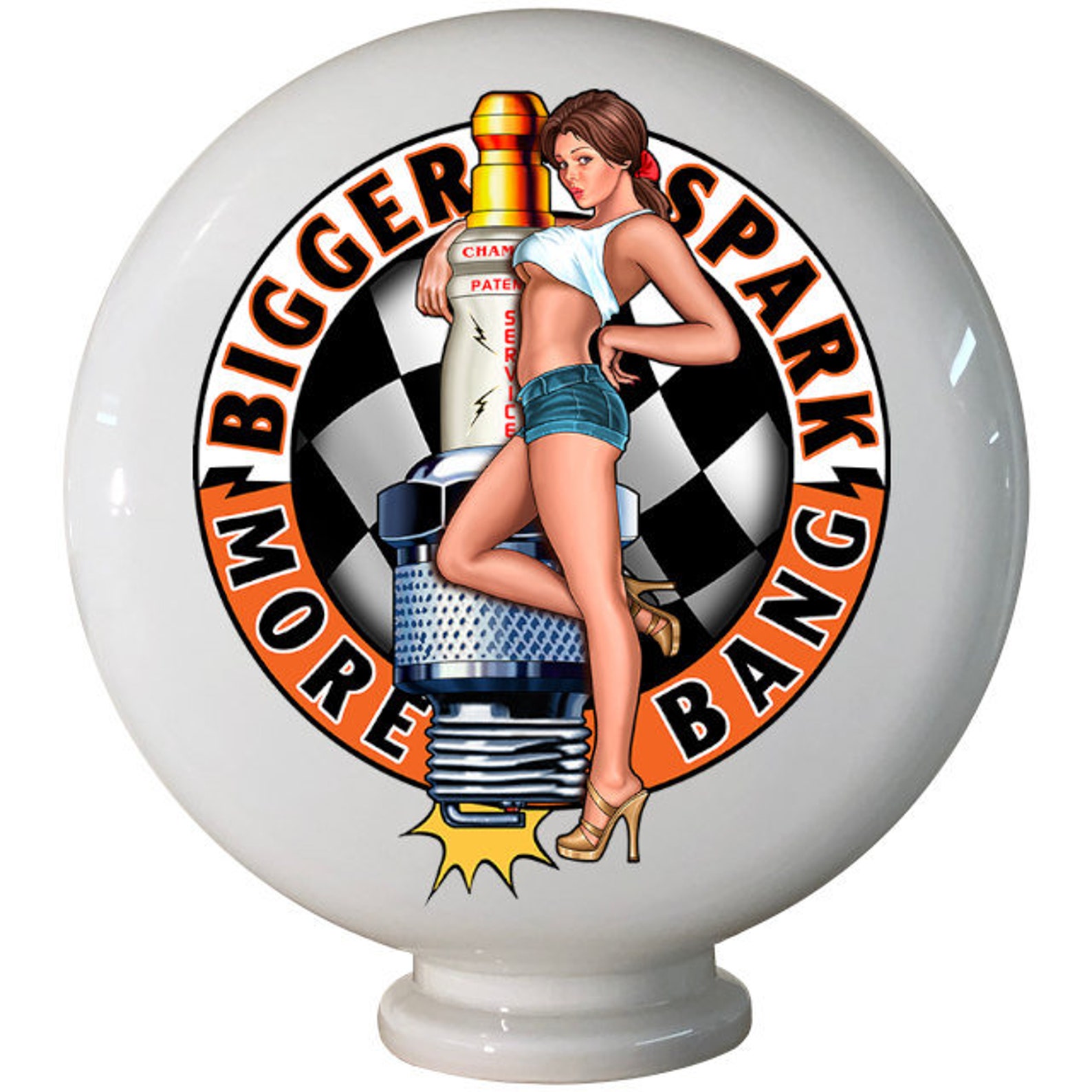

There is absolutely no evidence of what happened before the Big Bang. On May 20, 1964, two Bell Telephone laboratories radio astronomers Robert Wilson and Arno Penzias, discovered the CMRB and were awarded the Nobel Prize. If the CMBR could be detected, it would be convincing evidence that the Big Bang had actually occurred. Physicists called this the Cosmic Microwave Background Radiation or CMBR. The dense “plasma fog” of the earlier superhot era became transparent, leaving a microwave “signature” that could conceivably be detected. When the universe cooled down, protons and electrons combined to form neutral hydrogen atoms. As the universe expanded, the plasma fog grew cooler. Light particles (called “photons”) scattered off the electrons and created a kind of radiation “fog” which still permeates the universe. NASA physicists have calculated that in the very early stages of the universe, when it was just one-hundred-millionth the size it is today, its temperature was nearly 300 million degrees above absolute zero.Ītoms could not survive in this environment and were broken into protons and electrons. It was filled with a uniform glow from the white-hot fog of hydrogen plasma. Written out, you can see how infinitesimal an interval of time this doubling period actually is:ġ/100,000,000,000,000,000,000,000,000,000,000,000,000 of a second.Īfter only 260 doublings, the universe reached its present mass, with 1 gram becoming 10E77 kilograms.įor the first 340,000 years after the Big Bang, the universe was too hot for atoms to form. When the Big Bang occurred, the original one-gram mass doubled in size every 10E-36 seconds.

Inflation theory claims that our infant universe grew to be immense in a tiny fraction of a second.

Guth did not know where this piece of matter came from, or why it started to double in size and kept on doing that until it filled the universe. In 1979 Alan Guth, an astrophysicist, suggested that the universe started when a tiny speck of matter, about 1 gram or. Understanding just what happened after the Big Bang can give us clues to what might have happened before it. We have, however, arrived at a remarkably detailed understanding of the critical steps in the process of creation of our universe. We don’t know if the Big Bang was a unique event, although current thinking is that it may have happened an infinite number of times. We have no idea what happened before the Big Bang, or even if there was a “before.” We don’t know what the spark was that caused it to explode. In 1927 the Belgium astrophysicist George LeMaitre hypothesized that an expanding universe could be traced back in time to a single point, which he called the “primeval atom.” This idea flew in the face of the “steady state model,” the accepted description of the universe as being without a beginning or end.Īstrophysicists now believe that there was an explosion that started our universe about 13.7 billion years ago. It’s an intriguing proposition but there are many competing theories as well. The Last Question speculates that it was a supercomputer that created the spark which ignited the Big Bang - or to be more precise, that humans and our inventions continually create the universe anew. Only when the heat death finally occurs, does the one remaining supercomputer assesses the situation and utters the words: “ Let there be light.” These computers never provide an answer, claiming there is not enough information.

In Asimov’s story, which spans trillions of years, humanity builds increasingly powerful planetary-size supercomputers and asks them whether it is possible to reverse entropy and save our species. The “heat death” is a situation where all the energy in the universe is still present but unusable because it’s all at the same temperature. Astrophysicists tell us that the downhill slide from order to disorder will eventually result in the “heat death of the universe.” The iron laws of physics require sources of energy at different temperatures to do useful work.


 0 kommentar(er)
0 kommentar(er)
